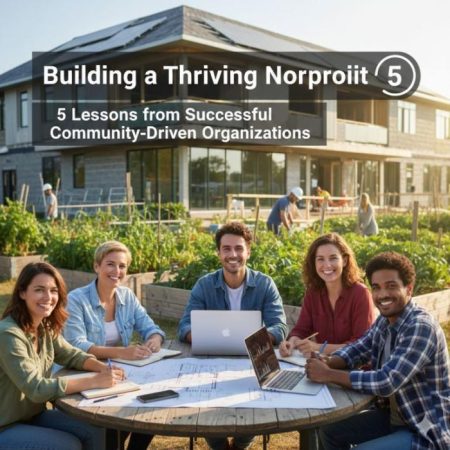When someone searches your name or business online, the results they see first shape their opinion almost instantly. If those results are negative—or even just misleading—they can outweigh years of hard work. That’s why online reputation management (ORM) services don’t just react randomly; they follow a clear process to decide which search results should be addressed first.
This process is part science, part strategy, and always customized to the situation. Understanding how it works can help you appreciate why some results matter more than others—and how firms like Net Reputation bring order to what can feel like chaos.
Businesses and individuals can no longer afford to ignore what people find when they search for their name or brand. That’s why reputation management solutions are essential, they help you not only monitor mentions, reviews, and sentiment across the web, but also proactively shape what potential customers see. Whether it’s suppressing negative results, amplifying positive content, or repairing damage after a crisis, these solutions bring structure and strategy to your online presence. With the right approach, you can reclaim control over your digital narrative and turn reputation challenges into opportunities for trust and growth.
Why Prioritization Matters
Not all negative content is equal. Some results spread quickly, appear on multiple sites, or rank at the very top of Google. Others might live on obscure pages that almost no one clicks.
If ORM services treated every link the same, campaigns would waste valuable time and resources. Prioritization ensures that the most visible and damaging results are addressed first—protecting reputation in the moments that matter most.
Think of it like triage in an emergency room. The issue that threatens the most harm gets immediate attention, while less urgent matters are addressed strategically over time.
Factors That Influence What Gets Targeted First
Search Ranking Position
The first page of search results is the most important. Studies consistently show that the majority of users never scroll past it. That means a negative article or review appearing in the top three positions gets immediate priority, since it’s seen by nearly everyone searching.
Domain Authority of the Website
Content hosted on trusted, high-authority sites often carries more weight with search engines and users alike. A critical news article on a reputable site will be perceived as a greater threat than a random blog post with limited visibility.
Recency and Activity
Fresh content signals relevance. If a negative result was posted recently and is receiving comments, shares, or backlinks, ORM services know it’s likely to gain momentum—and they act before it spreads further.
Search Intent and Context
Some results are harmful due to their context. For example, a forum thread with unverified claims might not rank first. Still, if it appears for a branded keyword like “[Company Name] reviews,” it can directly discourage potential clients or partners.
Duplication Across Platforms
If the same mugshot, article, or complaint has been copied to multiple sites, ORM services see it as a higher priority. Duplicate content multiplies reputational risk because it reinforces the same negative message in search results.
How ORM Services Act on Priority Results
Once ORM services identify which results pose the most significant risk, they use a combination of suppression, removal, and replacement strategies:
- Suppression: Creating and promoting positive, accurate content that outranks the negative result over time
- Removal: Pursuing takedowns when content violates privacy, accuracy, or legal standards.
- Replacement: Building new content assets (articles, press features, social profiles) that better reflect the individual or brand.
This isn’t about hiding the truth—it’s about ensuring that search results reflect a fair and balanced picture, not one skewed by a single post or outdated claim.
Long-Term Management Beyond the First Fix
Targeting immediate threats is only the beginning. A sustainable ORM strategy means:
- Monitoring searches daily or weekly to catch new content before it gains traction
- Building strong digital assets—such as blogs, bios, and media features—that naturally push positive results higher.
- Maintaining consistency across all online channels to strengthen overall credibility.
NetReputation and similar firms emphasize that ORM isn’t a one-time project. It’s an ongoing process of managing visibility, influence, and trust in search results.
Final Takeaway
When your reputation is at stake, every search result counts—but not every result deserves equal attention right away. ORM services prioritize the content that causes the most damage, addressing it promptly and then building a long-term foundation of positive visibility.
In today’s digital-first world, that difference between page one and page two can determine whether someone chooses to trust you—or move on.






